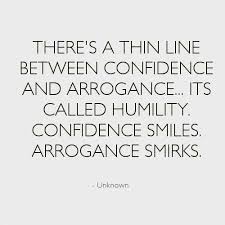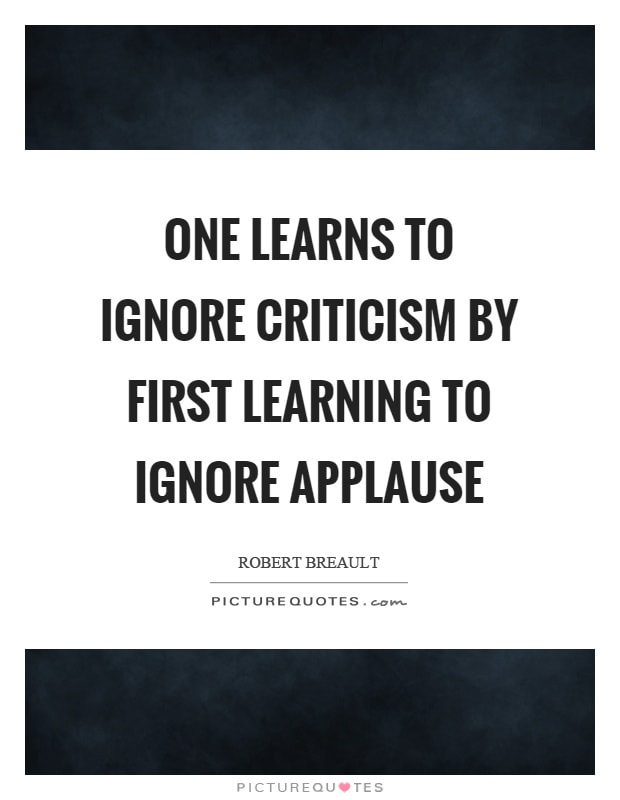Arrogant or Confident?
0 Comments
Giving Consent
Firmness of Purpose
There Is Always Noise
It Should Be a Holiday
|
About bcI'm a teacher, coach, and parent seeking excellence while defining success on my own terms. Archives
April 2024
Categories |






 RSS Feed
RSS Feed